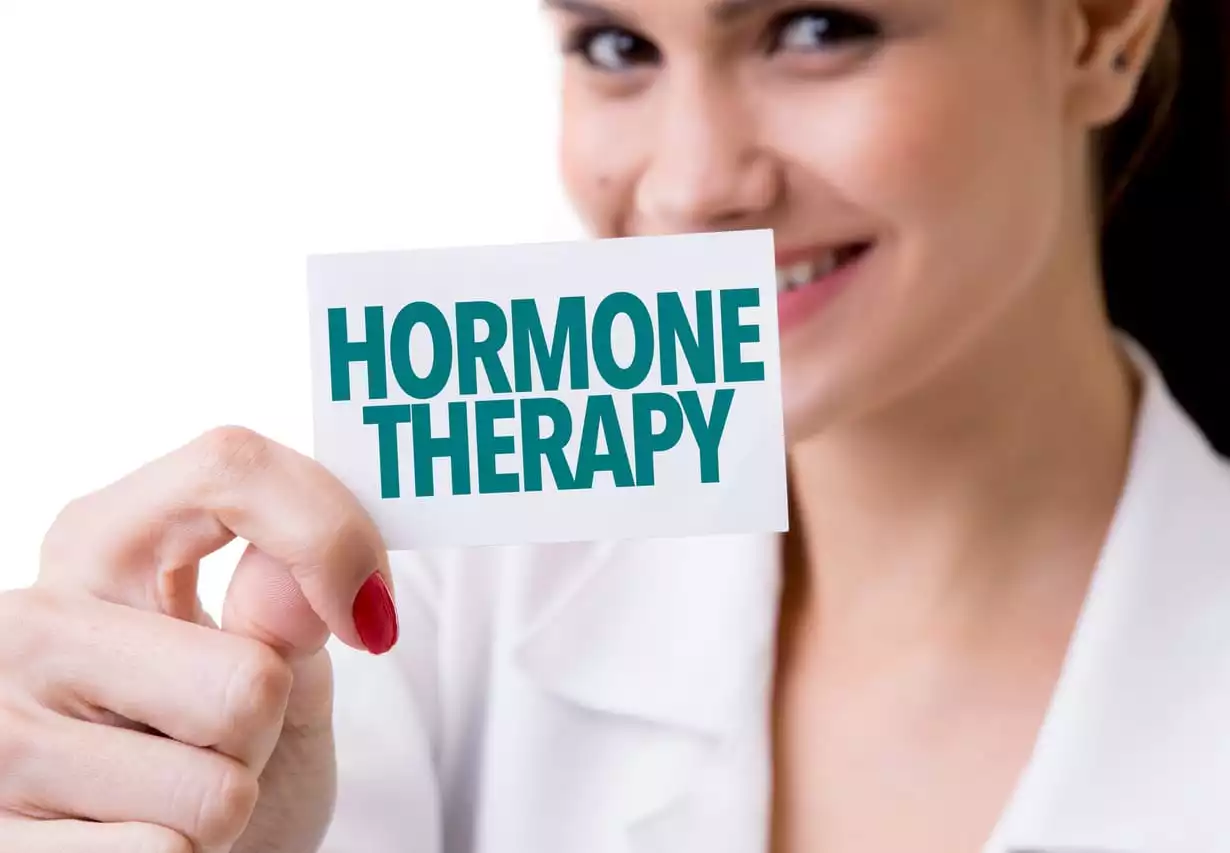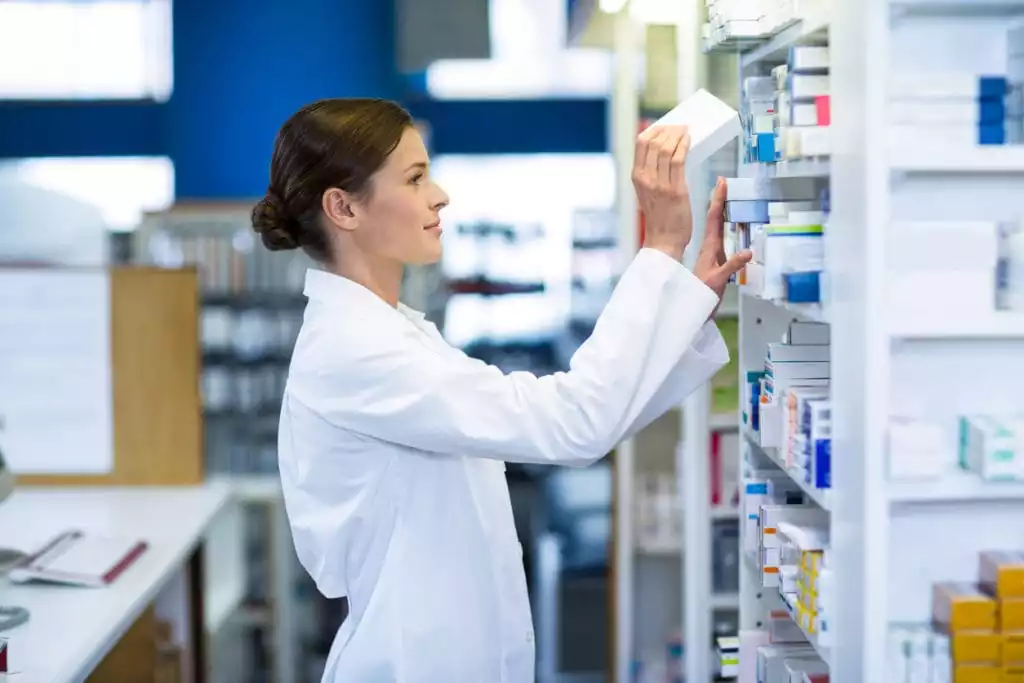
For years, doctors treated women’s symptoms of menopause and hormone conditions with what they believed was the best option – synthetic hormones. These hormones spurred on the same responses in the body as natural hormones, but they weren’t exactly the same, and some women seemed to respond better to them than others. It was an imperfect first step in the right direction. Now, after years of research, women can treat menopause symptoms through the use of bioidentical hormones.
Why did treatment shift from synthetic to bioidentical? We explore the change in treatment, and how bioidentical hormone replacement therapy (BHRT) can be beneficial for women.
Shifting Evidence for Synthetics
In 2012, new research showed that widespread use of synthetic hormone replacement therapy might actually harm women more than it helped. Studies identified that treatment with these hormones introduced a significantly higher risk for heart disease and certain cancers in women.
Between side effects and poor response to the medication, it was quickly becoming clear that synthetic hormone supplementation may have caveats. Prescription rates fell, and doctors became much more hesitant to prescribe hormones in all but the most severe cases. Although they were still prescribed, the risk-to-benefit analysis changed, making them inappropriate for milder symptoms.
The Bioidentical Hormone Beginnings
Enter bioidentical hormones. Unlike synthetics, these hormones were both derived from nature and an exact chemical and molecular match to a woman’s own natural hormones. The female body perceived them, utilized them, and excreted them in a way that was much more natural, and in many cases, caused fewer side effects.
As more women showed better responses to these bioidenticals, popularity as a first-line treatment grew, and compounding pharmacies began creating customized bioidentical hormone therapies specific to each woman’s needs.
Bioidentical Hormone Specifics
The term “bioidentical hormone” simply refers to any hormone supplement or medication that is molecularly identical to human hormones in structure. Theoretically, the exact-match structure should mean that the body has an easier time recognizing and utilizing the hormone over non-exact-match synthetics with minor structural differences.
Drugs that contain bioidenticals include:
- Estradiol hemihydrate (Estrasorb)
- 17 beta-estradiol (Estrace)
- Estradiol acetate (Femring)
- Estradiol suppositories (Vagifem)
- Micronized progesterone USP (Prometrium)
The drug names listed in parenthesis above are FDA-approved brand names for specific bioidentical hormones. However, expert compounding pharmacies can often custom-tailor combinations that utilize any one or more of these drugs instead.
Instead of taking a cookie-cutter approach with pre-specified doses, pharmacies can target hormone levels specifically and micro-adjust doses instead. This enables patients to find the best results with as low a risk for side effects as possible.
Understanding Bioidentical Hormones
The science behind bioidenticals can be pretty complex, but think of it this way – you spend all of your life driving a compact car. Suddenly, one day, you destroy your car in an accident. You’re safe, but the only vehicle you can access is a very large cube van. Technically, you still know how to drive, but you need to adjust how you drive to compensate. This metaphor is similar to how the body sometimes struggles to use non-bioidenticals.
This is not to say that synthetics are inherently bad. They, too, have a place in the treatment of certain conditions. But when a woman doesn’t respond well to them, or she has certain risk factors, bioidenticals may present a safer and more reliable alternative. Furthermore, because compounding pharmacies can micro-adjust the dose, women take only what they need, not what generic doses deliver.
How Can Bioidentical Hormones Help?
Bioidentical hormones show the best efficacy and usefulness when used to treat women experiencing symptomatic menopause, pre-menopause, and chronic hormone-based illnesses. This includes certain thyroid diseases, PCOS, or early menopause caused by hysterectomy (partial or full). When used to treat these conditions, women often experience an improvement in symptoms like:
- Irritability
- Anxiety
- Fatigue
- Hot flashes
- Hair thinning
- Bloating
- Dry or scaly skin
- Thinning vaginal tissue
- Insomnia
- Low libido
- Brain fog
- Concentration issues
- Dysmenorrhea (heavy periods)
Doctors may also prescribe bioidentical hormones for other conditions or symptoms not listed here. These off-label or alternative treatment uses are just as valid and safe. Just make sure that a medical professional prescribes the hormones.
Should I Use Bioidentical Hormones?
Only you, your doctor, and the rest of your medical care team can decide if bioidentical hormones are right for you. If you haven’t been diagnosed with a medical condition yet, but you expect you may be experiencing menopause or some other hormone condition, the first step is to tell your pharmacist or physician. He or she can help you create a diagnostic plan to determine your levels through blood work, exams, and the creation of a “symptom diary” Knowing when, where, and how you experience your symptoms can be very helpful to medical professionals, especially in situations where levels are borderline or just slightly unbalanced.
If you decide to try bioidentical hormones, and you don’t experience positive results the first time around, don’t assume you can’t benefit from treatment. As with other hormones, dosages often need changing once or twice to achieve the results you need without side effects. Your pharmacist can help you determine how to best integrate bioidentical hormone treatment into your life.

 info@burtsrx.com
info@burtsrx.com

